Developers should build small apartment projects to foster community
The future of Westchester is heavily influenced by how communities tackle housing. Housing environment requirements have made great advancements since the early 1900s. But many dwellings have not been updated, new safety standards have been bypassed and more hazards have been created, especially since the Covid-19 pandemic. This hinders our communities from developing and thriving.
During the era of mass immigration to America, immigrants came from all over the world, many to Ellis Island. They all came to New York City for the common motive: to start a new life. More often than not, they came with little or no money, expecting to quickly find work, as America was considered to be “the Land of Opportunity.” Despite their hard work, these expectations were increasingly hard to meet, and many immigrants ended up living in tenements. Tenements were buildings consisting of unsanitary, small apartments usually housing large families in terribly poor conditions. For example, many tenement homes had only three rooms with few or no windows. This was hazardous in case an emergency evacuation was necessary. Problems like these were addressed by the Tenement House Act of 1910. This act created numerous requirements to ensure the safety of tenement residents.
Despite this new law and several other reforms, there are still many housing dilemmas that remain today. Since the pandemic, many have lost their jobs, have not been able to pay rent and are facing possible eviction. Due to the rapid spread of Covid-19, people are hesitant to move into shelters. In response to this, the New York State eviction prevention moratorium was created to provide families with relief from paying rent until they find a new job. Still, families living in close quarters, shared homes or even no homes are prone to spreading diseases amongst themselves. In addition to spreading diseases, having families on top of each other inevitably leads to problems with relationships and loss of physical and mental health.
Growing up very fortunate in a stable household, I cannot bear the thought of the possible consequences of growing up in unstable housing. The first consequence that comes to mind is education. Out of the 1,800 homeless individuals in Westchester, approximately two-thirds of these families have children. Without having space to study and do homework, it is hard for these children to keep school as a priority. Without a good education, it is nearly impossible to get a good job. Between trying to get higher education and a job, one gets stuck in an inescapable cycle of unemployment and homelessness. This is sure to decimate one’s mental and physical health. Living in an unstable dwelling during a pandemic does not help with the feelings of isolation, depression and anxiety.
To eliminate these problems, the U.S. Department of Housing and Urban Development, Westchester County housing programs and other organizations that are included in the process of building housing in Westchester should not only focus on housing development but instead focus on community development. When residences are being created, places where communities can develop and thrive must be built. When creating home developments, organizations should space housing out. Leaving space in between these places of living will leave room for vital resources such as recreation centers, gardens, parks, pools, gyms and other ways for individuals to socialize outside of their dwellings. Instead of creating high-rise buildings, housing developers should consider building smaller apartment structures to foster a sense of community among residences. This will create a sense of community and leave people feeling less isolated. This will greatly benefit society for the reason that individuals need to interact. As a result of community building, people will have countless shoulders to lean on in times of hardship, and in these times, become successful in helping others in their community.
Lifting Up Westchester, a non-profit organization, has made spectacular progress in improving housing quality for everyone. They are devoted to assisting all individuals of any race, gender and age battling poverty, homelessness, hunger, health and lack of education. They offer programs that change thousands of lives each year, including the volunteers’. They offer countless volunteer opportunities, including after-school and summer mentoring, outreach programs for developmentally disabled children and adults, shelter programs, maintenance projects, community engagement and administrative general assistance. Despite their efforts, many social and economic issues remain, including unstable housing issues. With more government and community support, Lifting Up Westchester can and will continue to grow, spread its morals and eventually complete its mission of lifting everyone to greater self-sufficiency with dignity and respect.
Ultimately, Westchester needs to center its housing around the community’s needs as well as the individual’s. After all, housing is not just where you live, it is where communities grow and flourish.
Pelham Middle School eighth grader Mia Ritossa received honorable mention for this essay in Lifting Up Westchester’s annual writing contest.



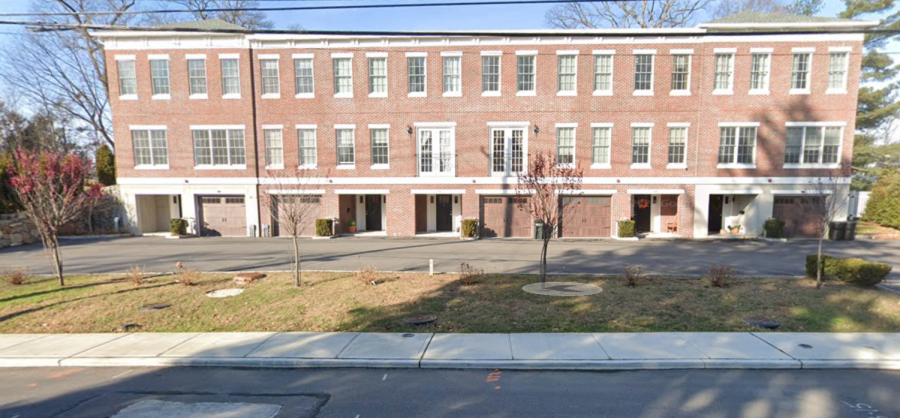
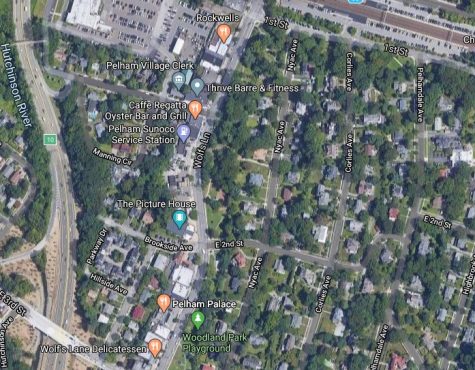

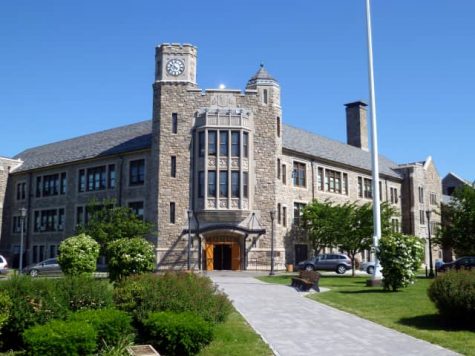
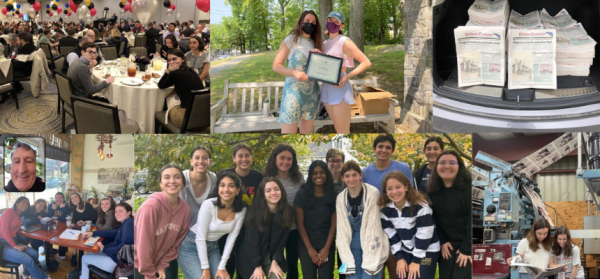


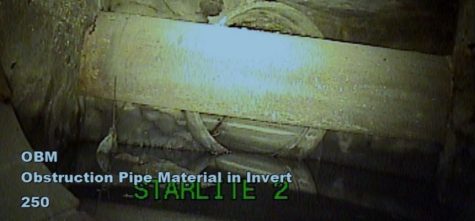
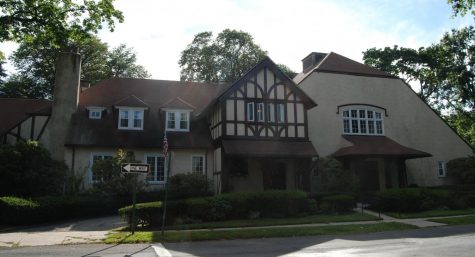
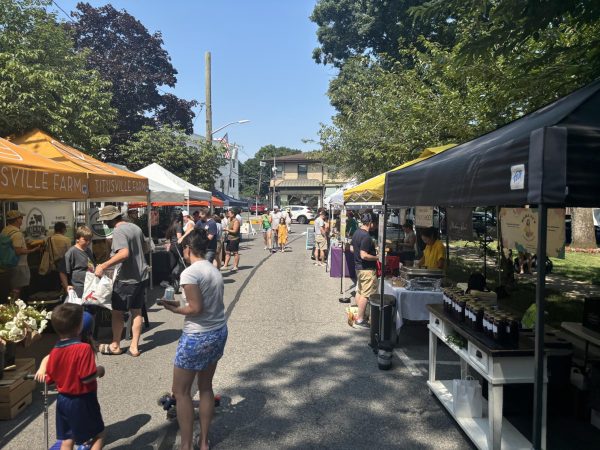


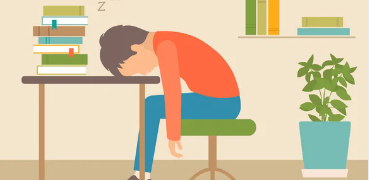

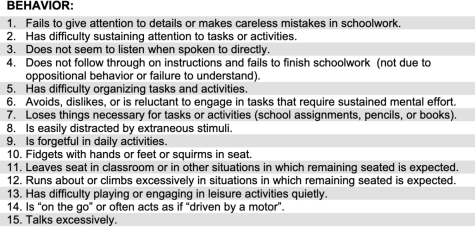
Maryanne Joyce • Aug 10, 2022 at 7:02 pm
Just seeing this article. Thank you very much for writing! Readers may also be interested in learning about the “Welcome Home Westchester” campaign to bring people and organizations together to finally address Westchester’s affordable housing needs and solve the housing crisis. Learn more about Welcome Home Westchester here: https://www.buildersinstitute.org/whw/
Eileen Miller • Apr 12, 2022 at 7:17 pm
Great article! I hadn’t heard about this organization and am going to see if there are ways to be involved. Thanks for writing it.